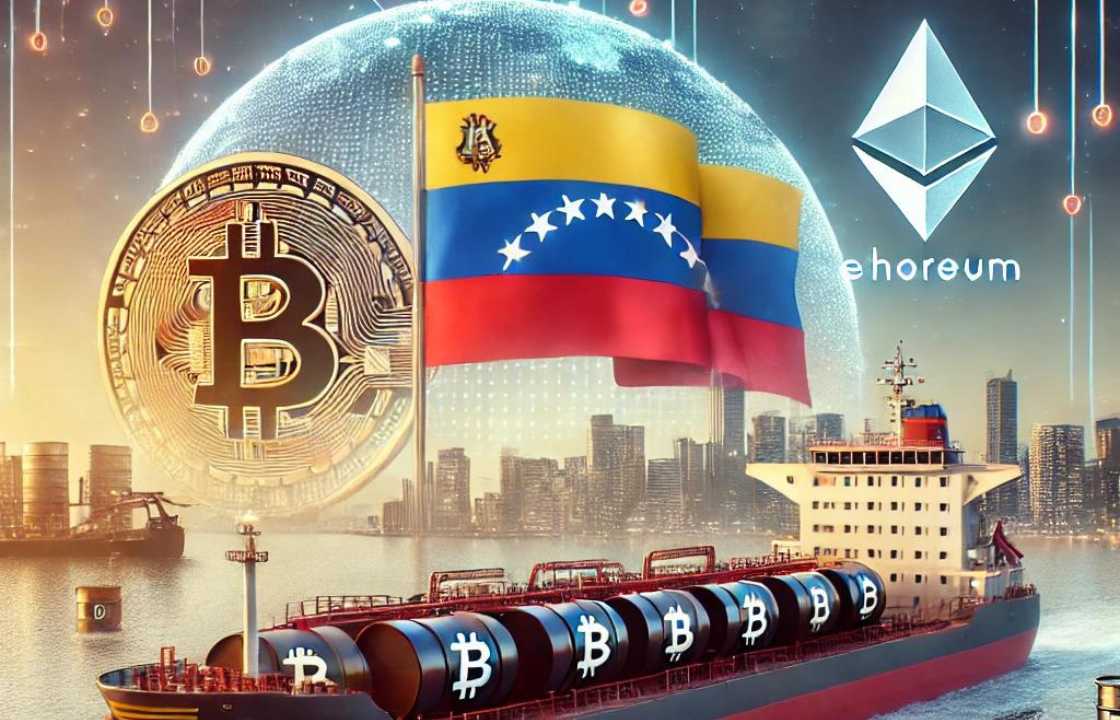Venezuela’s national oil company, PDVSA, is encountering renewed sanctions imposed by the United States. To safeguard its oil trade revenues, PDVSA is increasingly looking towards cryptocurrency, specifically USDT, as a solution. This strategic shift aims to circumvent restrictions that pose a threat to freezing its financial assets held overseas.
Venezuela Expedites Transition to Cryptocurrency for Oil Sales Amid Escalating US Sanctions
In the aftermath of a general license non-renewal, there has been an increase in trade between Venezuela and the United States. The Treasury Department has set a deadline of May 31 for businesses to adjust their dealings with PDVSA. According to CoinGape, these modifications coincide with U.S. demands for electoral reforms in Venezuela that are yet to be implemented.
Consequently, PDVSA has accelerated its adoption of digital currency transactions, specifically focusing on USDT (Tether). USDT, a stablecoin pegged to the U.S. dollar, provides a less risky avenue for international transactions.
This shift in strategy commenced in 2023 but has gained momentum swiftly following the reimposition of sanctions. PDVSA anticipates that transitioning to a digital framework will help evade the complexities associated with traditional banking systems, where assets could be seized or frozen, thereby ensuring a more consistent revenue stream from oil sales.
PDVSA Embraces Cryptocurrency Payments, Faces Challenges in Global Oil Trading
The transition to cryptocurrency has necessitated operational adjustments for PDVSA. The company now mandates a 50% upfront payment in USDT for new contracts and spot oil transactions, excluding swaps. This policy also impacts prospective clients, who must possess the cryptocurrency in a digital wallet to engage in transactions with the Venezuelan oil giant.
However, these endeavors encounter obstacles. The utilization of USDT and other digital currencies in oil trading is atypical in a market where the U.S. dollar reigns supreme. Many traders and compliance teams exhibit caution towards Bitcoin transactions due to their unconventional nature and potential regulatory complications.
Consequently, PDVSA frequently relies on intermediaries to facilitate such transactions, especially in dealings with significant markets like China.
The global oil industry is closely monitoring PDVSA’s operational adaptations. While the integration of cryptocurrencies in oil transactions is not yet widespread, Venezuela’s initiative could set a precedent for other nations grappling with similar economic constraints.
Nevertheless, the success of this initiative hinges on the widespread acceptance of digital currencies in international trade, particularly among major oil-consuming nations.
Venezuelan Oil Minister Pedro Tellechea expresses optimism regarding the country’s trading prospects and its ability to navigate new sanctions. He affirms Venezuela’s commitment to signing contracts and expanding petroleum and gas projects during the transition period stipulated by the U.S., with plans to pursue individual permits for oil transactions thereafter.

